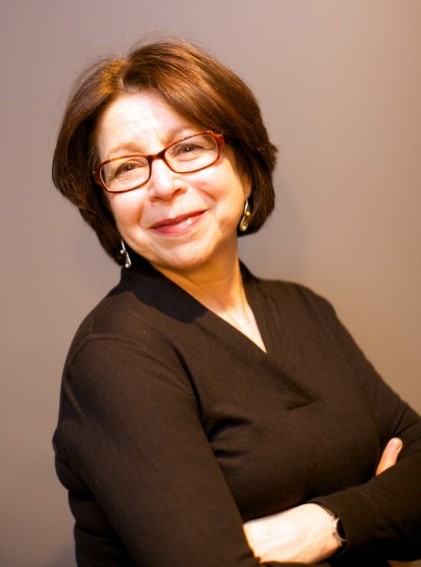A Journalistic Room Of One’s Own
Cross-posted with The New York Jewish Week.
 Thirty-five years of ‘amplifying women’s voices.’ An interview with longtime Lilith editor in chief, Susan Weidman Schneider.
Thirty-five years of ‘amplifying women’s voices.’ An interview with longtime Lilith editor in chief, Susan Weidman Schneider.
In a feat of journalistic longevity, Lilith: The Jewish Women’s Magazine, has been around for 35 years now. Along the way, the quarterly has sought to merge the wider women’s movement with the world of Jewish feminism. On the occasion of its 35 anniversary, The Jewish Week asked Lilith founding editor Susan Weidman Schneider to reflect on the issues that have animated the magazine’s coverage.
The Jewish Week: The early days of Lilith must have really been heady, as you were trying to take the lessons of the wider feminist movement and translate it into the Jewish realm. What was it like starting out?
Susan Weidman Schneider: It’s still heady! Our daily conversations with our interns and writers and editors over lunch at Lilith’s conference table and at Lilith salons are all about taking gender justice, in all its forms, into the Jewish world. Lilith’s tagline says this explicitly: “independent, Jewish & frankly feminist.”
In the beginning we were asked persistently, “Is feminism good for the Jews?” The answer now seems self-evident. Women have energized Jewish life and practice everywhere, from big organizations to the more intimate settings of our own families. Let’s take text as one example. For decades, women in mainstream congregations, small havurot, on college campuses, and in their own kitchens have been writing new liturgies, referring to the feminine aspects of God, and using imagery from women’s bodies and experiences; many of these are now published between hard covers in widely used prayer books; women have expanded the possibilities of prayer and ritual, highlighting the elasticity of Judaism.



